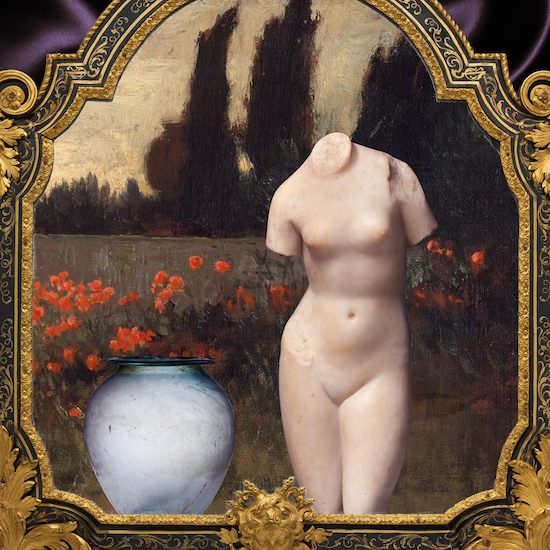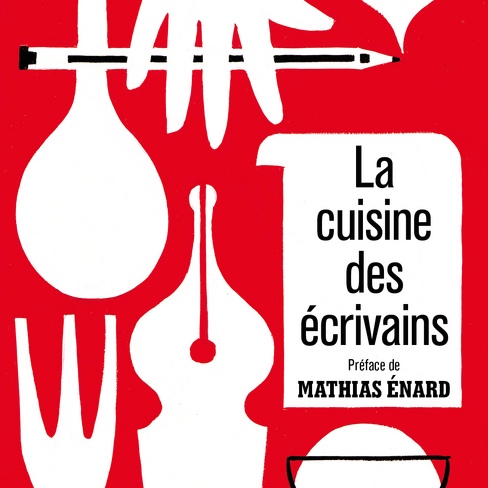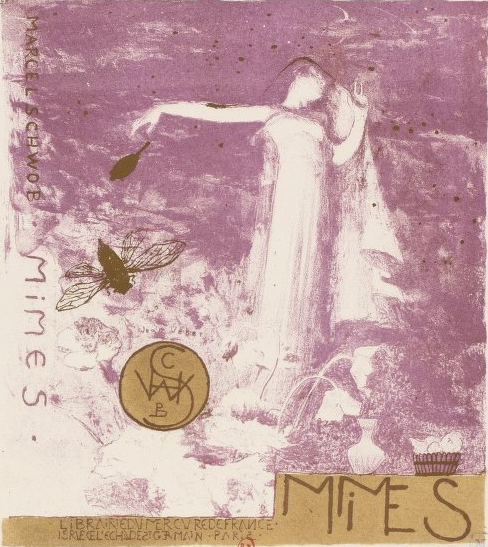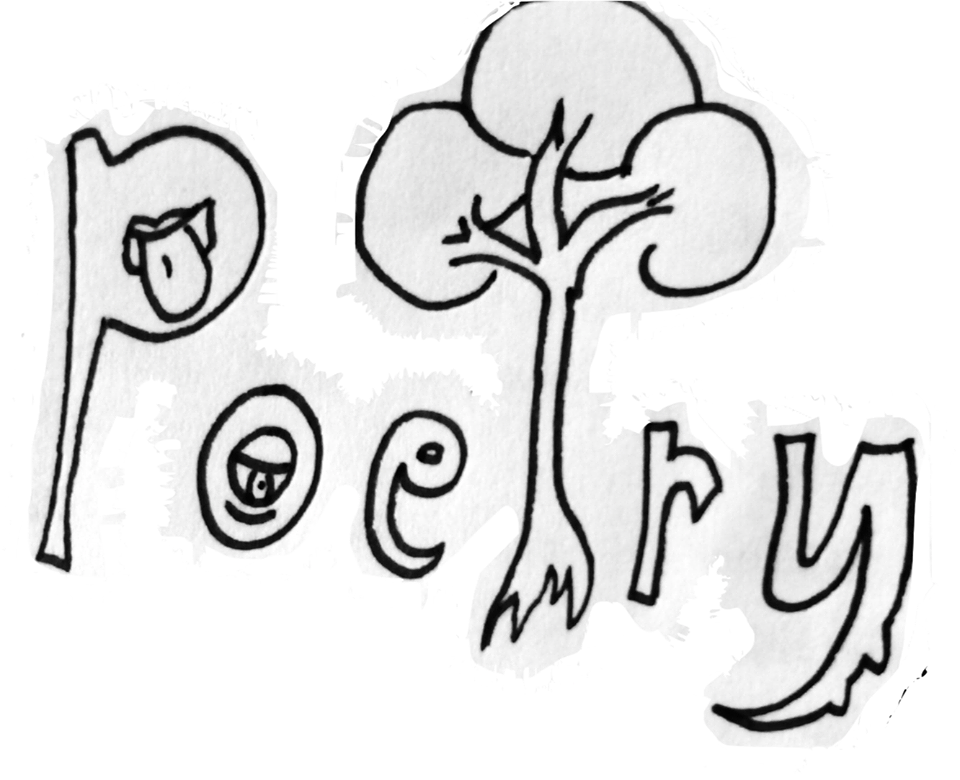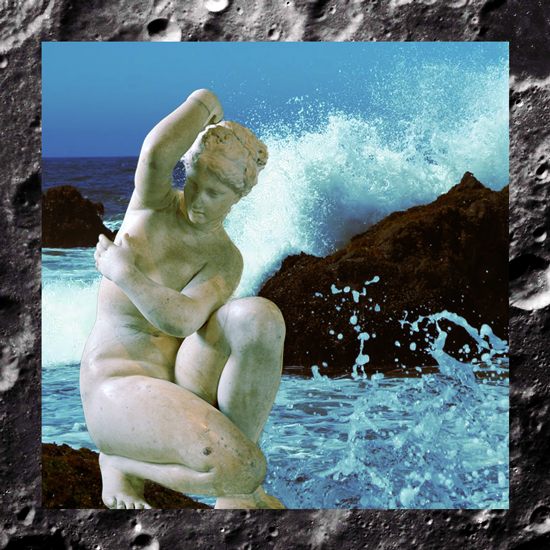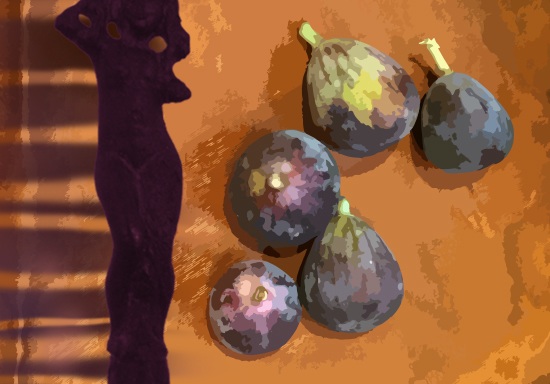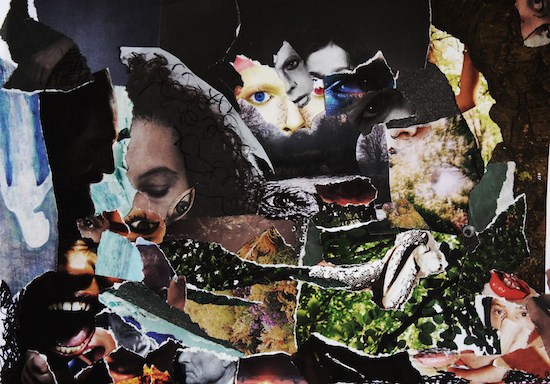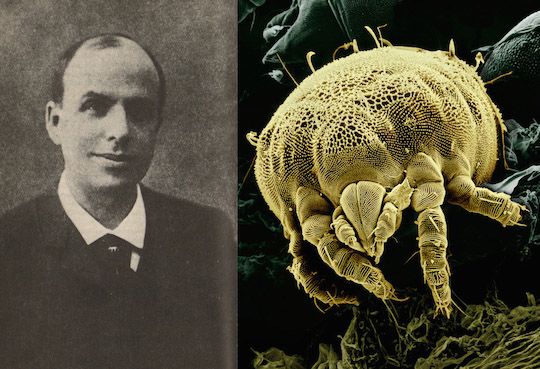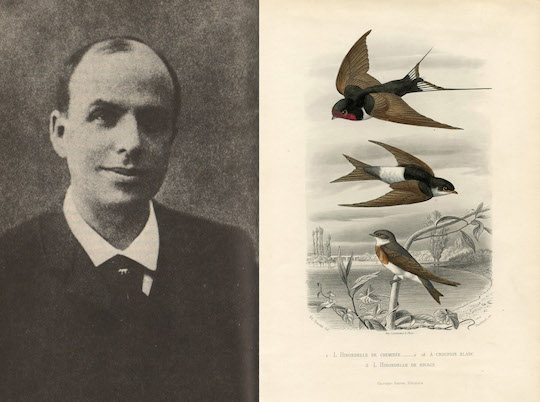Read all previous posts in Asymptote’s “Mimes” translation project here.
Mime XIX. The mirror, the golden pin, the poppy
First to speak, the mirror:
I was shaped in silver by a skilful craftsman. At first I lay hollow like his hand and my other face looked like the ball of a wall-eye. But then I was given curvature enough to reflect images. Finally Athene breathed her wisdom into me. I am aware of the desires of the girl who holds me and already I tell her that she is pretty. Still at night she rises and lights her bronze lamp. She directs the gilded flight of the flame towards me, and her heart craves some other face than hers. I show her own white temple and her sculpted cheeks and the swelling tips of her breasts and her eyes full of curiosity. She almost touches me with her trembling lips—but the golden burning lights up her face alone; all else remains dark within me.

